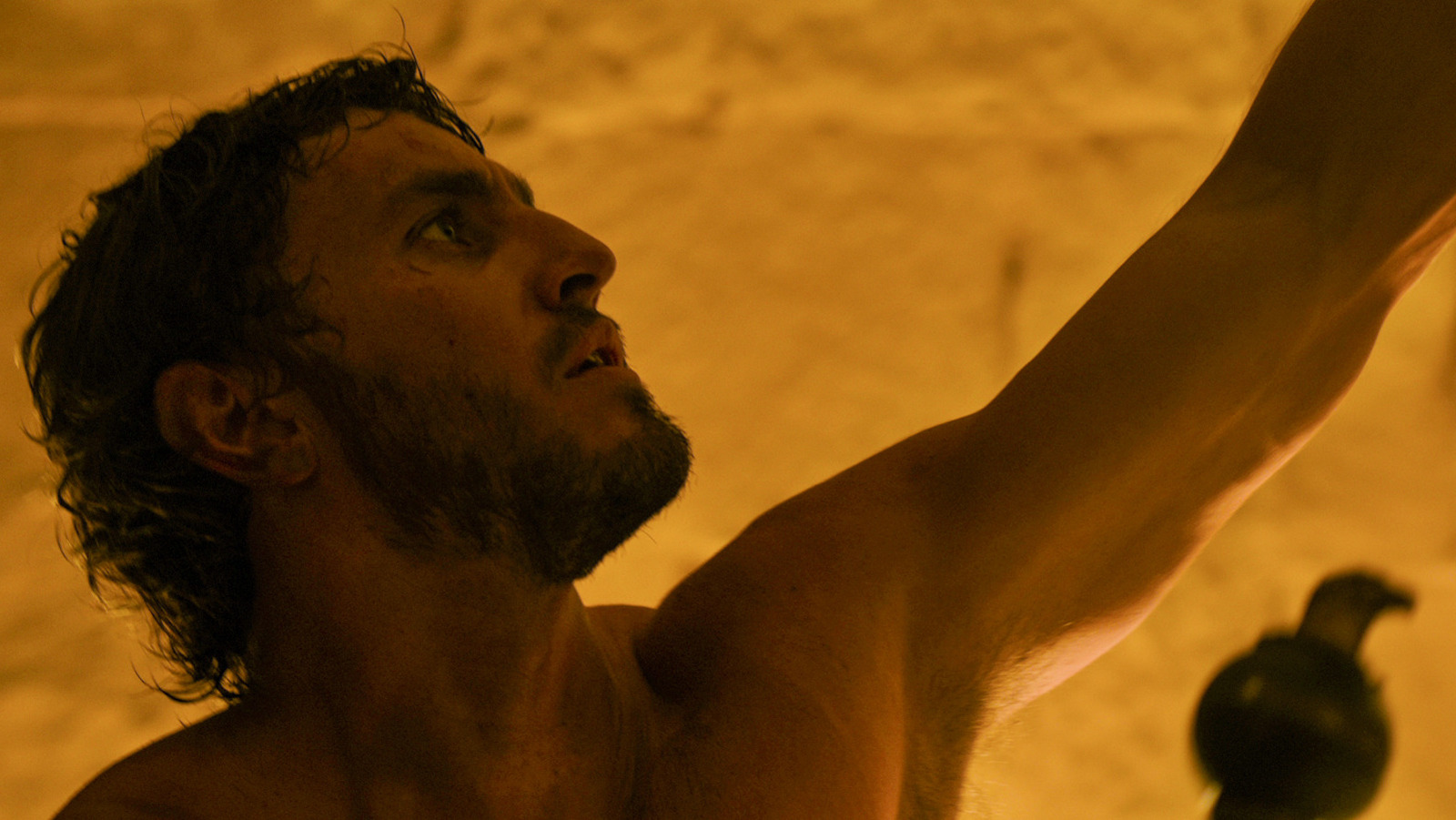
Gladiator II: What the Ending Means
Is an empire destined for ruin? Can the vision of a brighter society truly come to pass, or is it merely a fool’s dream? These are some hefty questions that linger not only in the wake of Gladiator II but also in the minds of its characters. The narrative, crafted by Ridley Scott and screenwriter David Scarpa, mirrors the precarious state of contemporary society, drawing parallels to the turbulent atmosphere we face in 2024.
Taking place 17 years after Gladiator, the film introduces Lucius, the previously hidden son of Maximus and Lucilla, played by Paul Mescal. Lucius embarks on a journey that reflects his father’s legacy while confronting the harsh reality of a corrupt Rome, ruled by the erratic Emperors Geta and Caracalla, portrayed by Joseph Quinn and Fred Hechinger. The empire’s expansion comes at a devastating cost, leading to the downfall of his homeland, Numidia. Lucius’ vengeance seeks to obliterate Rome, intending to conquer the empire that has destroyed his life, especially after witnessing the brutal execution of his wife, Arishat.
This personal vendetta drives Lucius into the clutches of Macrinus, played by Denzel Washington. In a desperate bid for revenge, Lucius willingly becomes an “instrument” of Macrinus, who has his own ambitions. As the plot unfolds, Lucius grapples with revelations about his father’s legacy and the truth of his lineage. He initially pursues a path of destruction, but through a series of dreams and flashbacks, he begins to embrace hope for a better future.
In a pivotal moment, Lucius faces General Acacius in the arena, choosing ultimately not to seek personal revenge, which leads to Acacius’ grim demise. This moment acts as a turning point for Lucius, prompting a shift in his perspective. Instead of allowing Rome to fall into chaos, he recalls his grandfather Marcus Aurelius’ vision for Rome—a united, progressive society—and seeks to inspire the people to fight for that ideal.
The climax builds as Lucius confronts Macrinus in a climactic duel. Victorious, he stands before the assembled armies and calls for unity, evoking his family’s legacy and a collective dream for Rome’s future. The ending resonates with themes of redemption and responsibility. Lucius not only embraces his lineage but also acknowledges the consequential power of choice and change.
However, the conclusion of Gladiator II leaves lingering questions. While Lucius has vanquished the corrupt villains and seemingly found purpose, the film offers no simple answers about Rome’s fate. It serves as a commentary on the cyclical nature of history and the prospect of change, reminding us that our actions echo far beyond our immediate circumstances.
The future of Lucius and Rome remains uncertain, suggesting the potential for another sequel. Regardless of what lies ahead, the film urges us to reflect on our own societal challenges and the importance of taking action. The legacy of Maximus may well echo through generations, but it is up to us to shape the narrative of our own time. Each decision we make contributes to the legacy we leave behind, and as Gladiator II shows, our choices can resonate through eternity.




